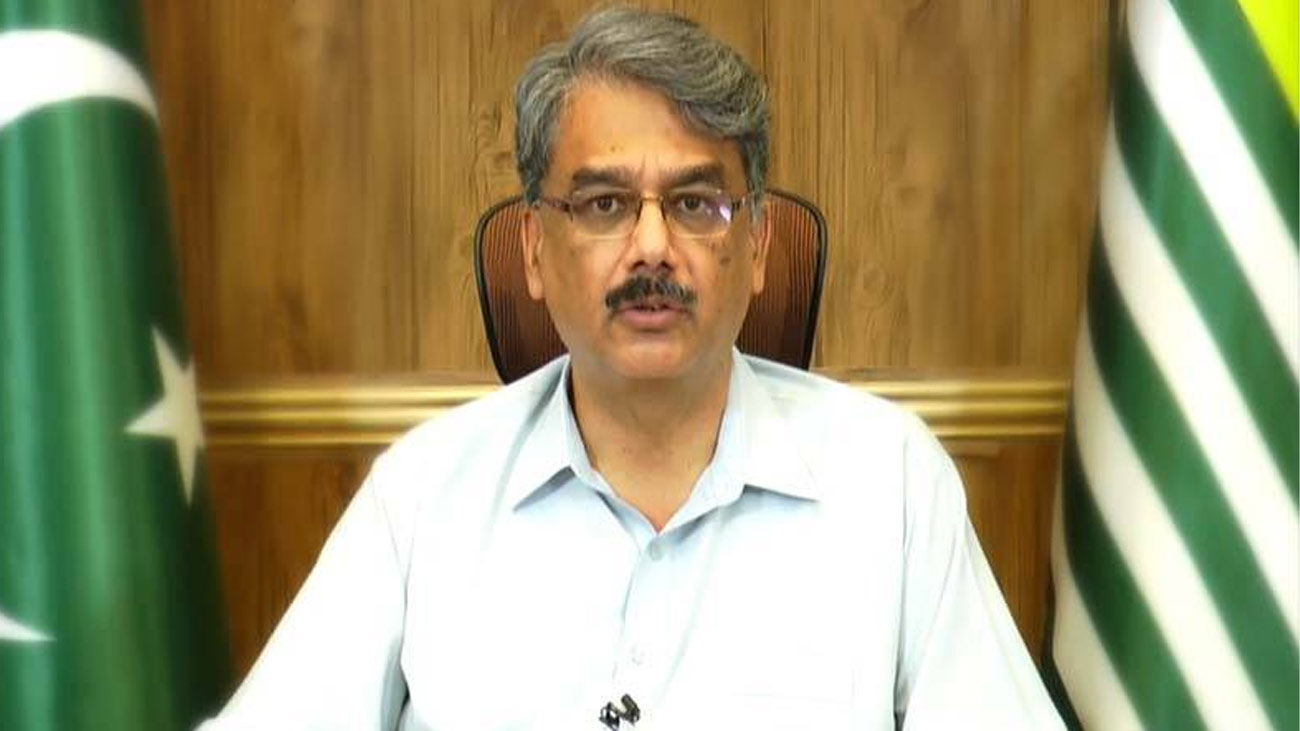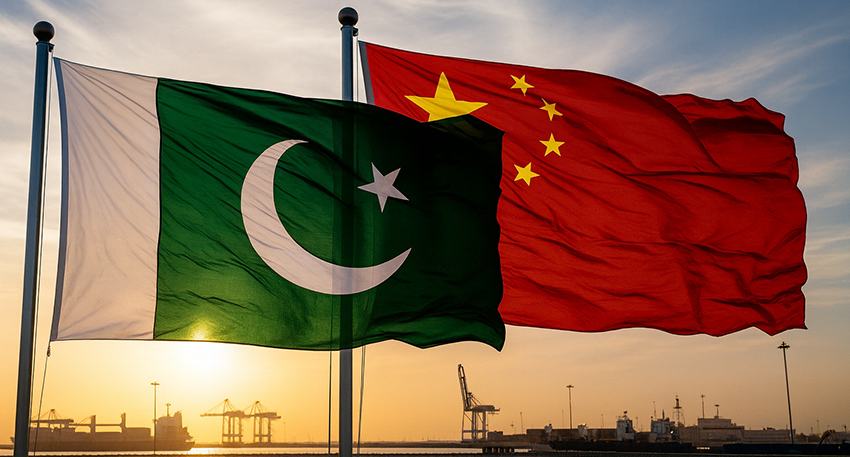
The vote took place in the Azad Jammu and Kashmir Legislative Assembly, where 44 of 54 members were present. A decisive majority was secured for the opposition, with 36 members voting in favor of the no-confidence motion, while only two voted against it. This massive swing clearly demonstrated the collapse of support for the outgoing Prime Minister.
Raja Faisal Mumtaz Rathore, a prominent member of the Pakistan Peoples Party (PPP), was subsequently elected as the new Prime Minister through an open ballot. Notably, his candidacy received crucial support from across the aisle, as nine members of the Pakistan Muslim League-Nawaz (PML-N) also voted in his favor, highlighting a rare moment of cross-party unity in the region.
Read more: Bushra Bibi’s role in PTI politics sparks new debate over decision-making power
The former Prime Minister, Chaudhry Anwarul Haq, had initially been sent a message requesting his resignation, but he refused, prompting the PPP to submit the no-confidence motion. The motion was jointly presented by Sardar Javed Ayub, Chaudhry Qasim Majeed, and others, who proposed Faisal Mumtaz Rathore as the alternative Leader of the House.
The swearing-in ceremony for the newly elected AJK Prime Minister, Raja Faisal Mumtaz Rathore, is scheduled for tomorrow. Chairman of the PPP, Bilawal Bhutto Zardari, is also expected to attend the ceremony. It is recalled that President Asif Ali Zardari had given his approval for the no-confidence motion against the former Prime Minister just last month.
This seamless transition, backed by cross-party votes, suggests a calculated political strategy designed to achieve stability in the Assembly. The new PM now faces the challenge of turning this political consensus into meaningful governance to address the pressing economic and administrative issues in Azad Kashmir.




